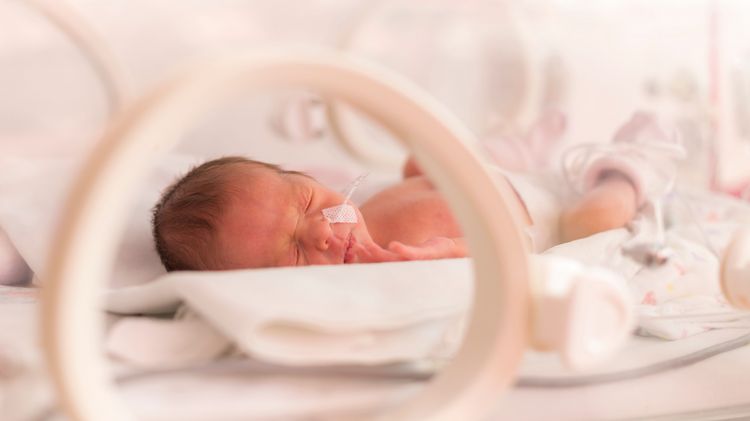High-risk deliveries and resilience
High-risk deliveries and resilience
High-risk deliveries and resilience

Topic of Call for Proposals: Birth risks and development: medical, psychosocial, and quality of life considerations
Project Title: Promoting Resilience after High-Risk Deliveries: 2see2act2gether
Participating Schools: I and VI
Children who are born prematurely are more likely to develop physical, cognitive, linguistic, motor or socio-emotional abnormalities later on. However, predicting outcomes poses a major challenge because each child develops differently. One factor that can have a positive impact on development is the ability to adapt to stressful situations, also known as resilience. In this booster unit, researchers from the fields of medicine, the social sciences, special education and music education will join forces to determine how to measure and potentially boost resilience in preschool children of high-risk births using a variety of methods, including imaging techniques such as MRI scans and saliva biomarker analyses.
In addition, they will investigate the potential impact of a music-based intervention. Studies with children in other age groups suggest that such interventions can be effective. A better understanding of the factors that alter resistance to a variety of influences could make it easier for children with developmental disorders to get through challenging phases of their lives such as starting school. The Oldenburg researchers will work with partners from the Max Planck Institute of Psychiatry, the Ludwig Maximilian University Hospital in Munich, the University of Bremen, the Ammerland District Music School and the University of Music Saar on this project.
